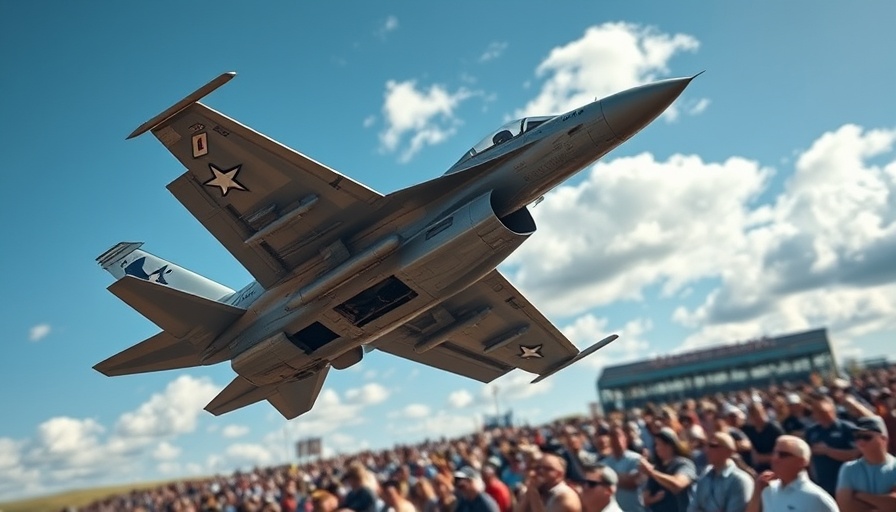
Examining the Implications of Increased Pentagon Spending
The recent discussions surrounding a proposed $150 billion budget increase for the Pentagon have sparked significant debate about the effectiveness of such spending. Critics argue that simply throwing money at the defense budget will not necessarily improve our military capabilities. Instead, this approach risks neglecting the needs of military personnel and veterans, which should be prioritized above hardware investments.
Understanding the Current Military Landscape
Currently, the U.S. defense industrial base is at capacity. This raises an important question: can the additional funds allocated effectively enhance military readiness, or will they merely serve the interests of defense contractors? According to defense analysts, only about 6 percent of the proposed increase is earmarked for supporting military personnel, raising alarms over the well-being of those who serve and have served in the armed forces.
Consequences of Neglecting Personnel Needs
As Congress considers this hefty budget increase, it's crucial to acknowledge the impact on veterans’ services, which are already under strain. Plans have surfaced to cut jobs within the Veterans Administration, potentially exacerbating delays in healthcare and support services. With the Pentagon focusing on advancements in shipbuilding and missile defense, the lack of attention to personnel may undermine the effectiveness of the military itself.
A Call for Responsible Spending in Defense
As discussions progress, the emphasis must shift toward ensuring that military funding also addresses the essential needs of those who protect our nation. For a truly effective defense strategy, the government must balance investments in technology and personnel. The focus should be on comprehensive support for service members, rather than disproportionately funding hardware that does not translate into improved capabilities or morale.
Looking Ahead: Ensuring Holistic Defense Strategies
In the wake of these proposed budget changes, a critical examination of priorities is essential. The discourse surrounding defense spending can set a precedent for how military funds are allocated in the future. Stakeholders must advocate for a well-rounded approach that equally values personnel and modernization efforts, ensuring that national security is upheld not through consumerism in military tech but through investment in human resources.
 Add Row
Add Row  Add
Add 




Write A Comment